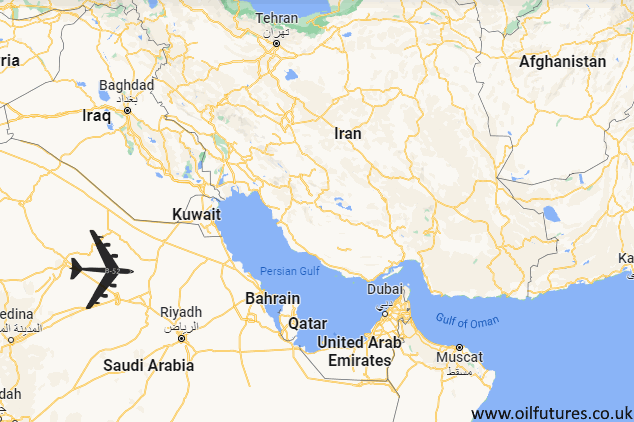The high energy costs, however, are taking its toll on the economies at an alarming rate: the steel makers, for instance, are cutting down on production citing the unbearable costs in running them, exacerbated by the regulatory pressure to sticking to 'Green' targets; ArcelorMittal, the world's second largest steel manufacturer, announced a closure of a factor in Germany due to what it called, 'outrageously high energy costs'.
The domino effect of the high energy costs is obvious across the industrial sector, not just the major manufactures; even the companies that host websites have started increasing price of hosting, citing high cost of running the servers round the clock. In short, no sector has been spared - much to consumers' horror.
The leaders of the G-7, the wealthiest group of nations, meanwhile, announced on Friday last week that they agreed in principle to place a cap on Russian oil. Just a few hours after the announcement was made, Russia announced it is shutting down Nord Stream 1 pipeline indefinitely, through which Europe gets the Russian commodity, citing the 'need of further repairs'.
The Kremlin now says that the gas supply to Europe will not resume until the sanctions are lifted against Russia, leaving the ball firmly on the courts of West. It's a bitter pill for the West to swallow, indeed.
In addition, Russia threatened to stop selling oil to the countries that set the price cap on Russian oil. With India and China on an ambitious buying spree, Russia seems confident that there will be buyers for its oil in Asia.
Having raked in more than $158 billion from the exports of oil and gas since the war with Ukraine started, Russia appeared to have waited until the colder winter months to set in, before calling the shots, having carefully studied the real difficulties faced by the European policymakers in finding substitutes for Russian fossil fuels.
The development forced the EU policymakers run helter skelter in finding substitutes as the winter is almost on the European doorsteps; the latest visit by a top European official to Qatar, a leading exporter of LNG to Europe, shows the lingering anxieties in the corridors of power.
When European governments turned their back on Russian gas after its invasion of Ukraine, the US managed to provide Europe with its own gas, despite the cost of transport being relatively high for obvious reasons - the distance involved.
In light of the latest supply woes, the US will be under enormous pressure to sticking to continuity despite paying attention to its own domestic demands in the coming colder months.
The challenges faced by the US in honouring its committment to Europe, unfortunately, are not going to be determined by the tentacles of supply-demand scenarios alone in the months ahead; the unpredictable factor of nature's fury does not just lie dormant until the West addresses its energy crisis; it is ominously on display, as the Hurricane Season of the Atlantic is fully active at present.
As the above simulation, taken from a very reliable weather model on Sep, 4, shows that there are three hurricanes forming in the Atlantic at present that may potentially develop into storms of concern in the coming weeks, if not days.
The oil fields along the Gulf of Mexico have always been at the mercy of storms in the Atlantic. This year, however, the concerns are not just localized; on the contrary, the repercussions are going to be global, as the US carries the enviable burden of pleasing its allies that are facing huge challenges on the energy front, having heeded its call to impose sanctions on Russia and turning their back on Russian fuels.
The talks on the revival of the JCPOA, 2015 nuclear deal, meanwhile, oscillates between illusory success and abject failure - as usual: Iran demands a cast-iron guarantee that it will not be abolished by a future US president unilaterally, as President Trump did in 2018; in addition, Iran wants the IAEA, International Atomic Energy Agency, to stop monitoring its nuclear activities that almost is tantamount to driving the final nail in the coffin of the nuclear deal from the West's perspective.
Adding insult to injury, the US and Iran are engaged in a military 'cat-and-mouse' game in the Gulf: Iran captured two of the sea drones of the former before releasing them, when the US 5th Fleet in the region intervened; the US, in response, sent two nuclear-capable B-52 bombers to comb the skies in the Gulf, escorted by the fighter jets from Saudi Arabia, Kuwait and even Israel; an Iranian top general made little effort to hide his anger when Israel joined CENTCOM in flexing military muscle against Iran.








